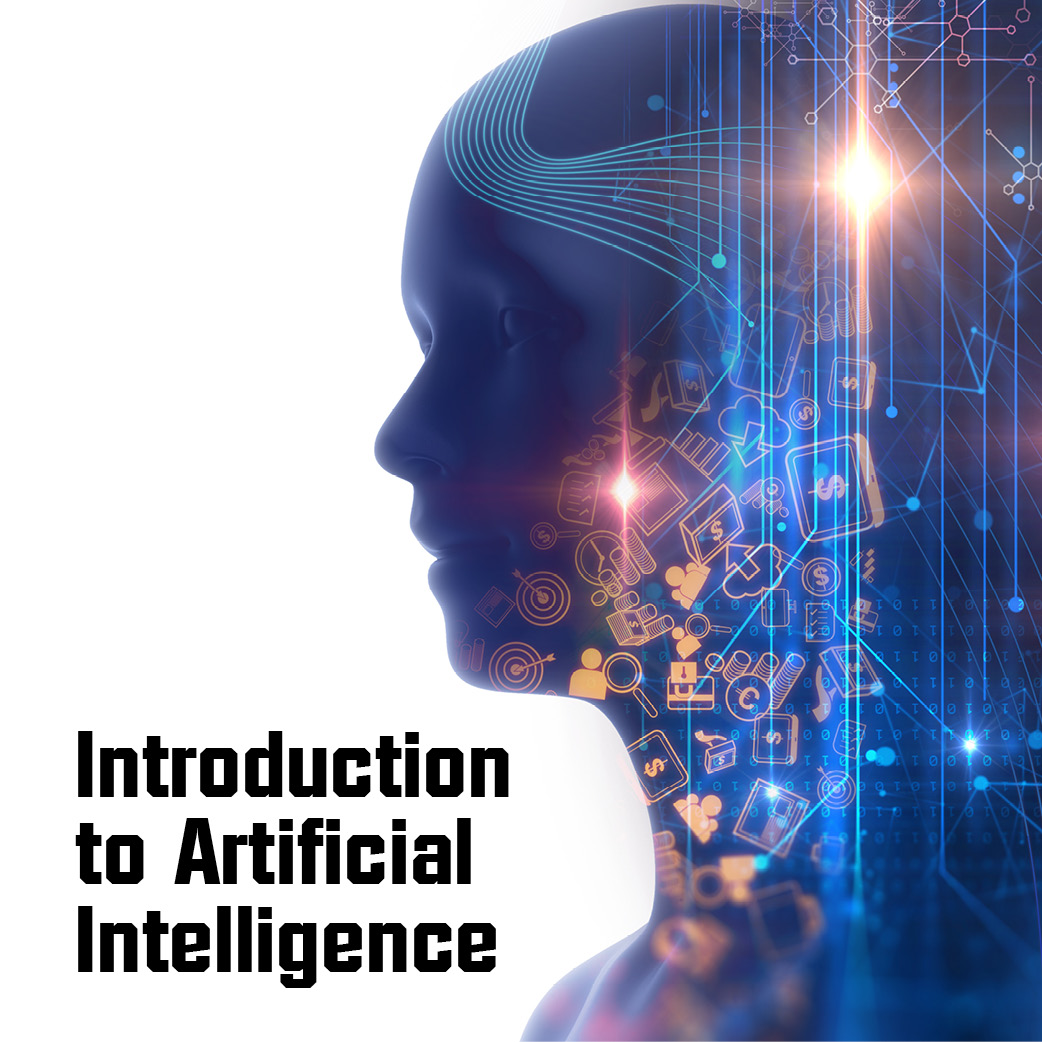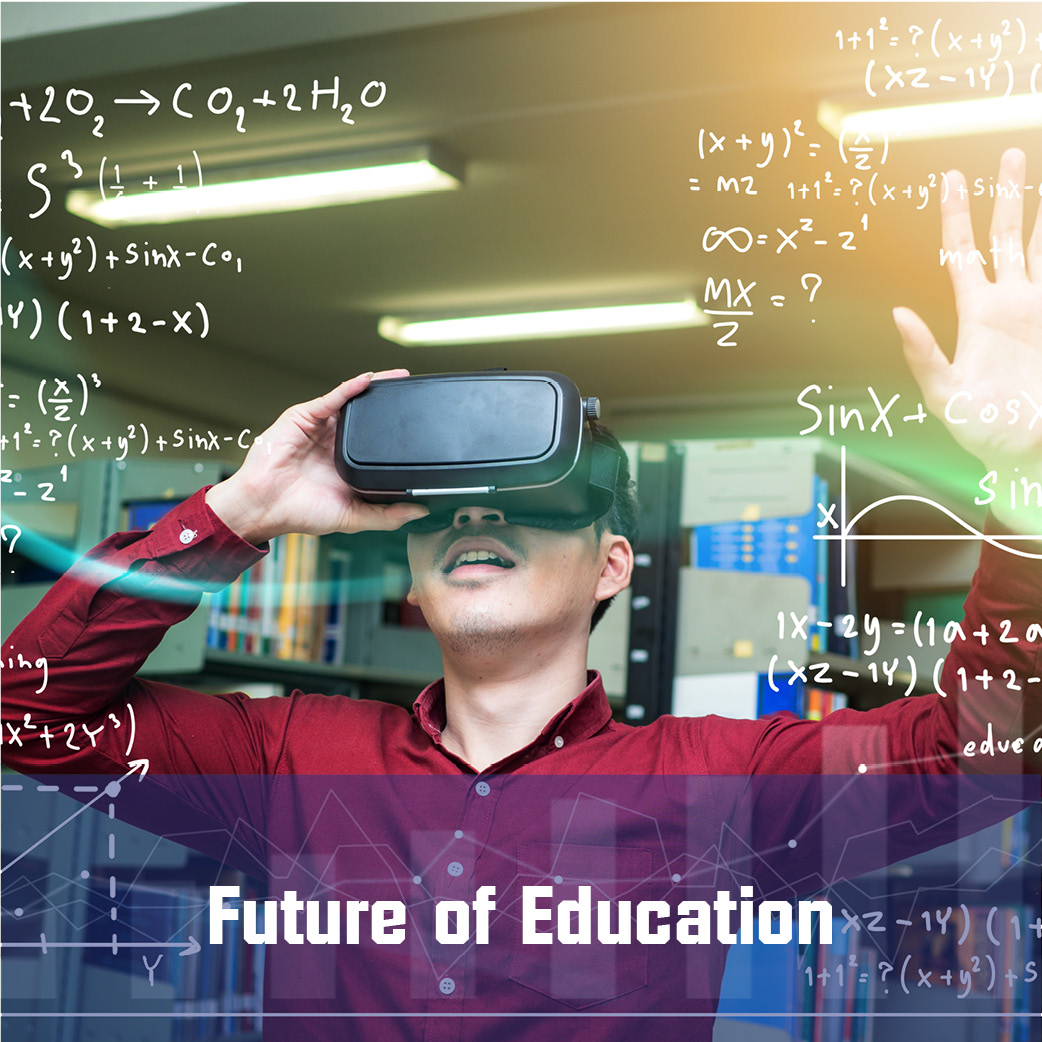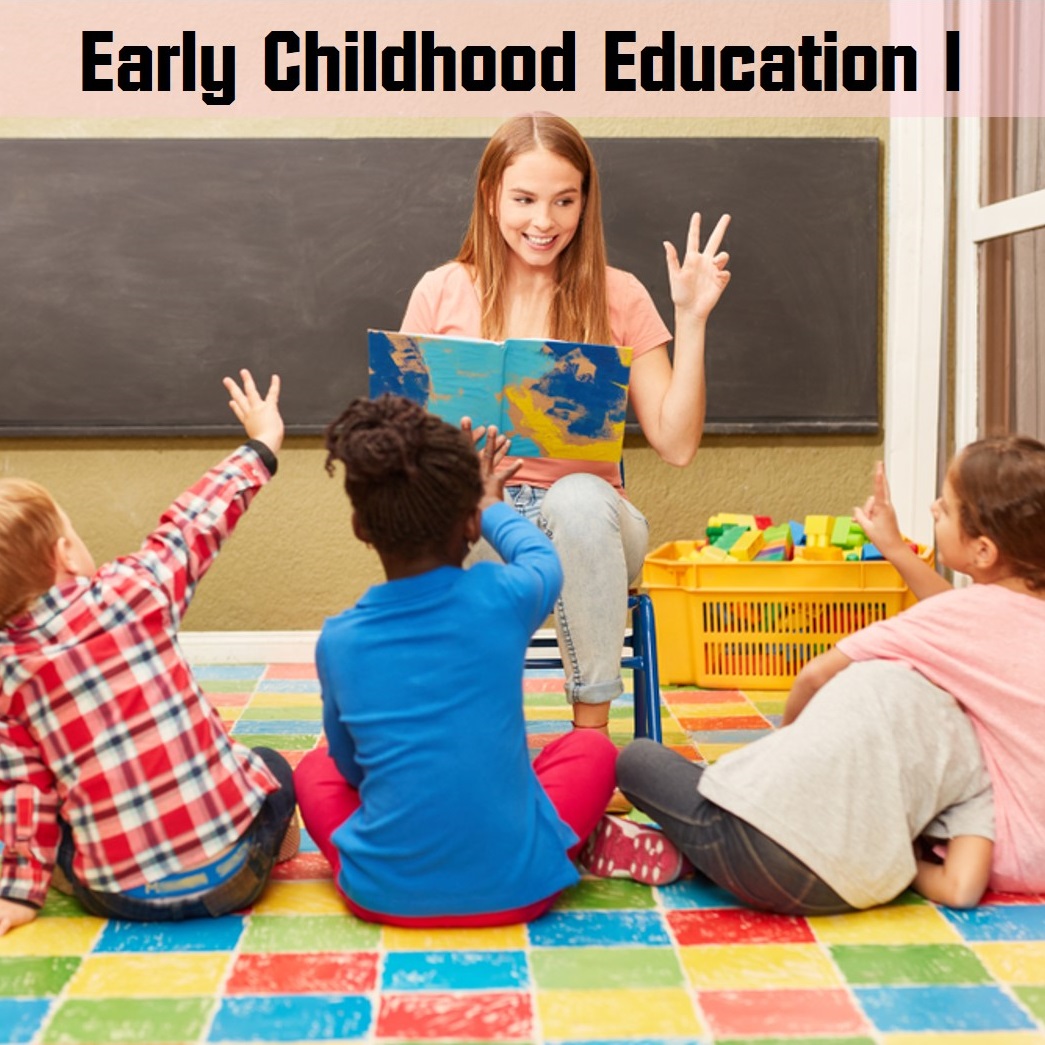
This course teaches what every educator should know about Artificial Intelligence. AI is a fast-moving technology with impacts and implications for both our individual lives and society as a whole. In this course, students will get a basic introduction to the building blocks and components of artificial intelligence, learning about concepts like algorithms, machine learning, and neural networks. Participants will also explore how AI is already being used, and evaluate problem areas of AI, such as bias. The course also contains a balanced look at AI’s impact on existing jobs, as well as its potential to create new and exciting career fields in the future. Those taking this course will leave the course with a solid understanding of what AI is, how it works, areas of caution, and what they can do with the technology.
- Facilitator (Instructor): Jane Brown - eNet Staff
- Facilitator (Instructor): Karch Hickman (eNet Facilitator)

This course is designed to prepare future educators for the classroom they will inherit! It starts with a history of education and how blended, adaptive, and personalized learning are coming to the forefront in learning. It then explores new and emerging technologies, along with their current and future impact on education. Throughout the course, students will explore a wide range of career possibilities in the education field and evaluate both the promises and pitfalls of technology in education.
- Facilitator (Instructor): Jane Brown - eNet Staff
- Facilitator (Instructor): Sue Snyder (eNet Facilitator)

The Early Childhood Education course is designed to provide an overview of the expectations and roles of the early childhood educator. The course provides details about childhood development, health, nutrition, and guidance strategies to help students understand the exciting and unique opportunities that a career in early childhood education can offer. The course is intended to prepare students for challenges they may face, but to emphasize the rewards of being able to influence the life of a young child. The ability to offer support to children as they learn, and grow is a point that is highlighted throughout each lesson.
- Facilitator (Instructor): Jane Brown - eNet Staff
- Facilitator (Instructor): Sue Snyder (eNet Facilitator)

Neat-as-a-pin perfection? Clean lines and clear surfaces like the interior designer’s photo layout that you admired in a recent magazine? But, can you live like that?
Perhaps your definition of organized is more like, “Whew! I made it to my appointment on time – for once!”
We want you to create a picture of what organization looks like to you. It’s the target you are aiming for, your focus for this course. Having a dream or a goal will help you move forward on a good organizational path even when the going gets rough.
- Facilitator (Instructor): Jane Brown - eNet Staff
- Facilitator (Instructor): Sue Snyder (eNet Facilitator)
This course provides an interactive e-learning experience to support today’s educational challenges. In this course, participants explore how to be a true leader who fosters a dynamic learning environment that leverages technology. Participants explore examples of best practices, examine leadership behaviors, and develop strategies to be that leader. Participants discuss ideas and strategies with other leaders in the course and apply them to their own practice.
- Facilitator (Instructor): Jane Brown - eNet Staff
- Facilitator (Instructor): Sue Snyder (eNet Facilitator)
 Explore the features and benefits of project-based learning and how to move from a conventional classroom to one that is project-based with student-centered and meaningful project that address critical skills and content standards.
Explore the features and benefits of project-based learning and how to move from a conventional classroom to one that is project-based with student-centered and meaningful project that address critical skills and content standards.
- Facilitator (Instructor): Jane Brown - eNet Staff
- Facilitator (Instructor): Sue Snyder (eNet Facilitator)

![]() Welcome to the Project Management Toolkit for Teachers online course. This course integrates the best practices of project-based learning with skills and tools for project management. The course activities will guide you through adapting those materials for your own use. You will be able to guide students through successful projects, and adapt and apply project management templates and resources to fit your future classroom projects.
Welcome to the Project Management Toolkit for Teachers online course. This course integrates the best practices of project-based learning with skills and tools for project management. The course activities will guide you through adapting those materials for your own use. You will be able to guide students through successful projects, and adapt and apply project management templates and resources to fit your future classroom projects.
- Facilitator (Instructor): Jane Brown - eNet Staff
This course prepares future and current educators for the transition to teach in a remote/online setting which they will inherit. This course begins with the identifying factors of remote teaching, and knowing the difference between face-to-face, blended, and remote learning. The course includes building communication with online learners, a variety of remote learning examples, digital content support, and needed tools for digital creation for formative and summative assessment.
- Facilitator (Instructor): Jane Brown - eNet Staff
- Facilitator (Instructor): Karch Hickman (eNet Facilitator)
 During this asynchronous online, facilitated course, educators will explore the pedagogy in teaching from works of art,
During this asynchronous online, facilitated course, educators will explore the pedagogy in teaching from works of art,
learn key online and blended instructional design strategies, and master how to use a collection of online tools that support collaboration and curation. The course readings and activities bring the concepts of blended and online instruction to a high level, encouraging deep reflection and conversation about creating successful learning communities, promoting student collaboration, and enhancing instructive techniques. Educators work both individually and collaboratively throughout the course.
- Facilitator (Instructor): Sue Snyder (eNet Facilitator)

In this course, participants will learn how mobile devices enhance teaching and learning in and out of the classroom. Ongoing instructional challenges, such as sustaining student engagement inside the classroom and extending student learning beyond the school day, can be powerfully addressed through the use of mobile devices. Apps that feature real-time images, augmented reality, interactive activities, and collaborative capabilities can enhance student understanding and help to personalize instruction. Students must learn how to use these technologies ethically and responsibly and teachers need to know how to maximize the potential of these devices. This course will highlight meaningful ways that teaching and learning can be enhanced in and out of the classroom, while also addressing the challenges that many educators face when trying to integrate mobile devices into learning activities.
- Facilitator (Instructor): Sue Snyder (eNet Facilitator)
